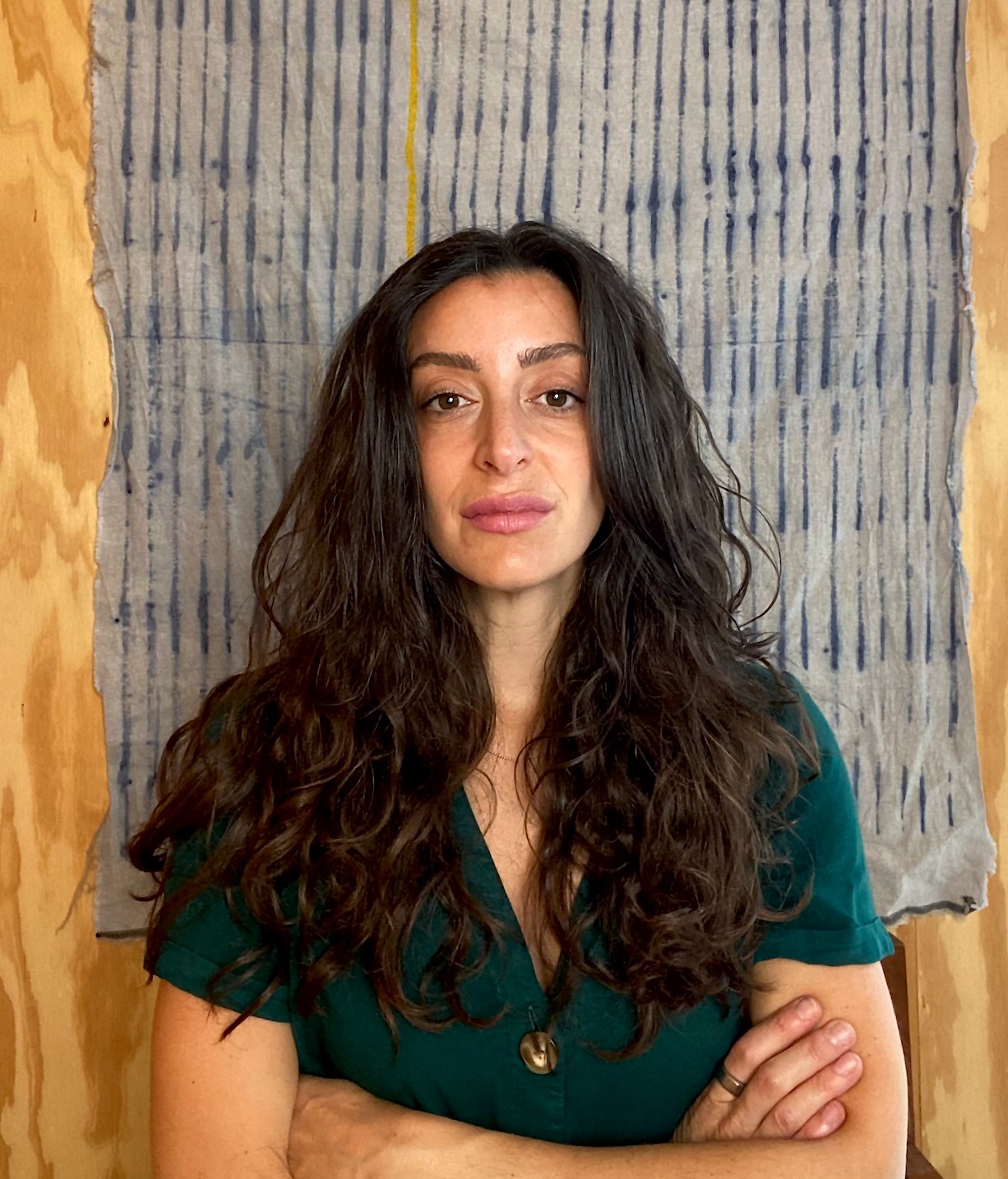We’re excited to introduce you to the always interesting and insightful Ariele Rosch. We hope you’ll enjoy our conversation with Ariele below.
Ariele, looking forward to hearing all of your stories today. One of the things we most admire about small businesses is their ability to diverge from the corporate/industry standard. Is there something that you or your brand do that differs from the industry standard? We’d love to hear about it as well as any stories you might have that illustrate how or why this difference matters.
It’s a fact that almost everything we buy ends up being thrown away at some point. As a business owner and founder, it’s wild to think about someone throwing away the products you make, but it’s truly responsible to prepare for. At Rosemary’s, we create beautifully crafted kitchen products, and we don’t just think about that end phase, but each individual step; we strive to ensure that the impact our products have on the earth is the least harmful. To put it simply, we really lean into our tagline: ‘Less Evil, Better Goods.
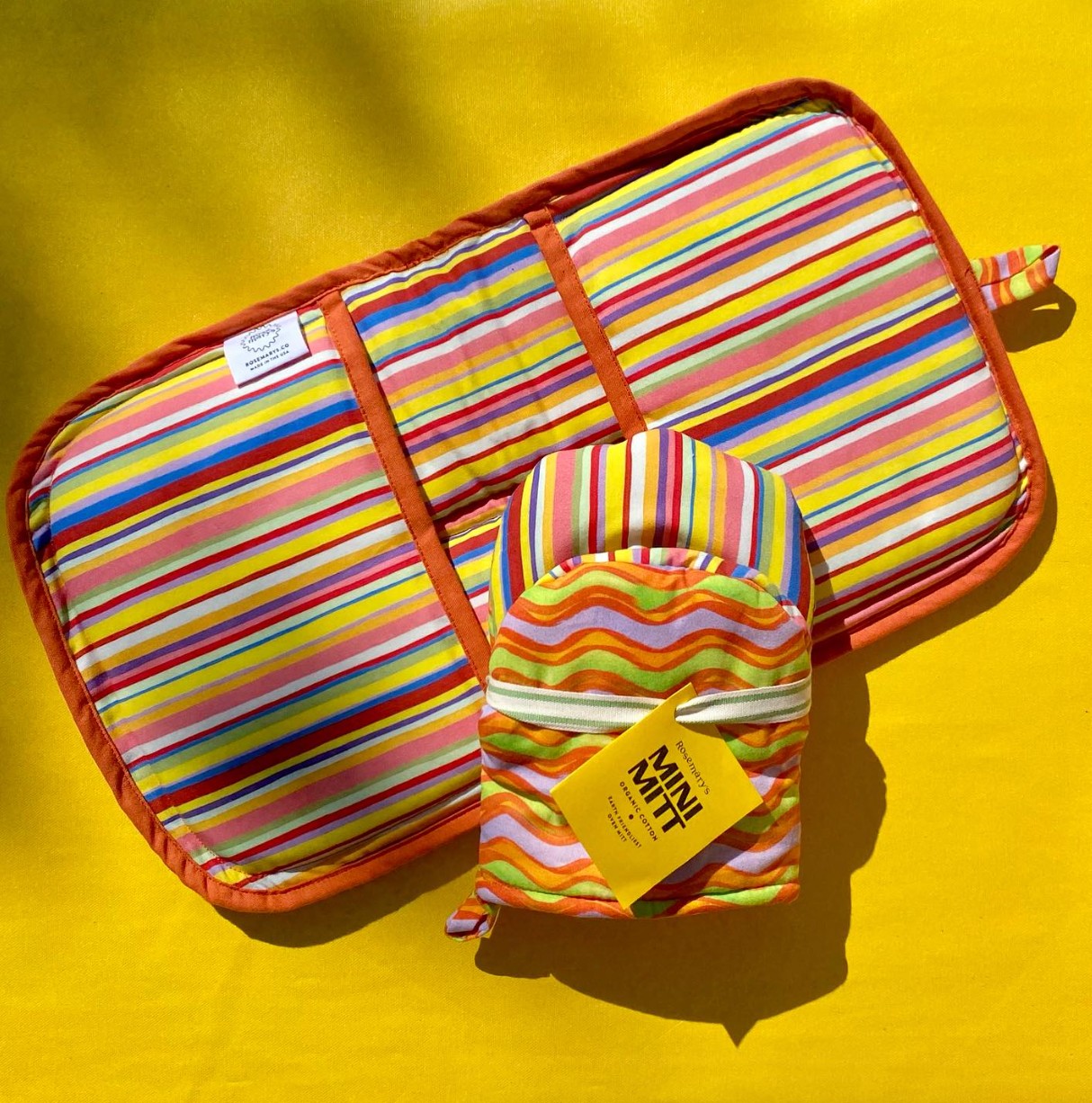
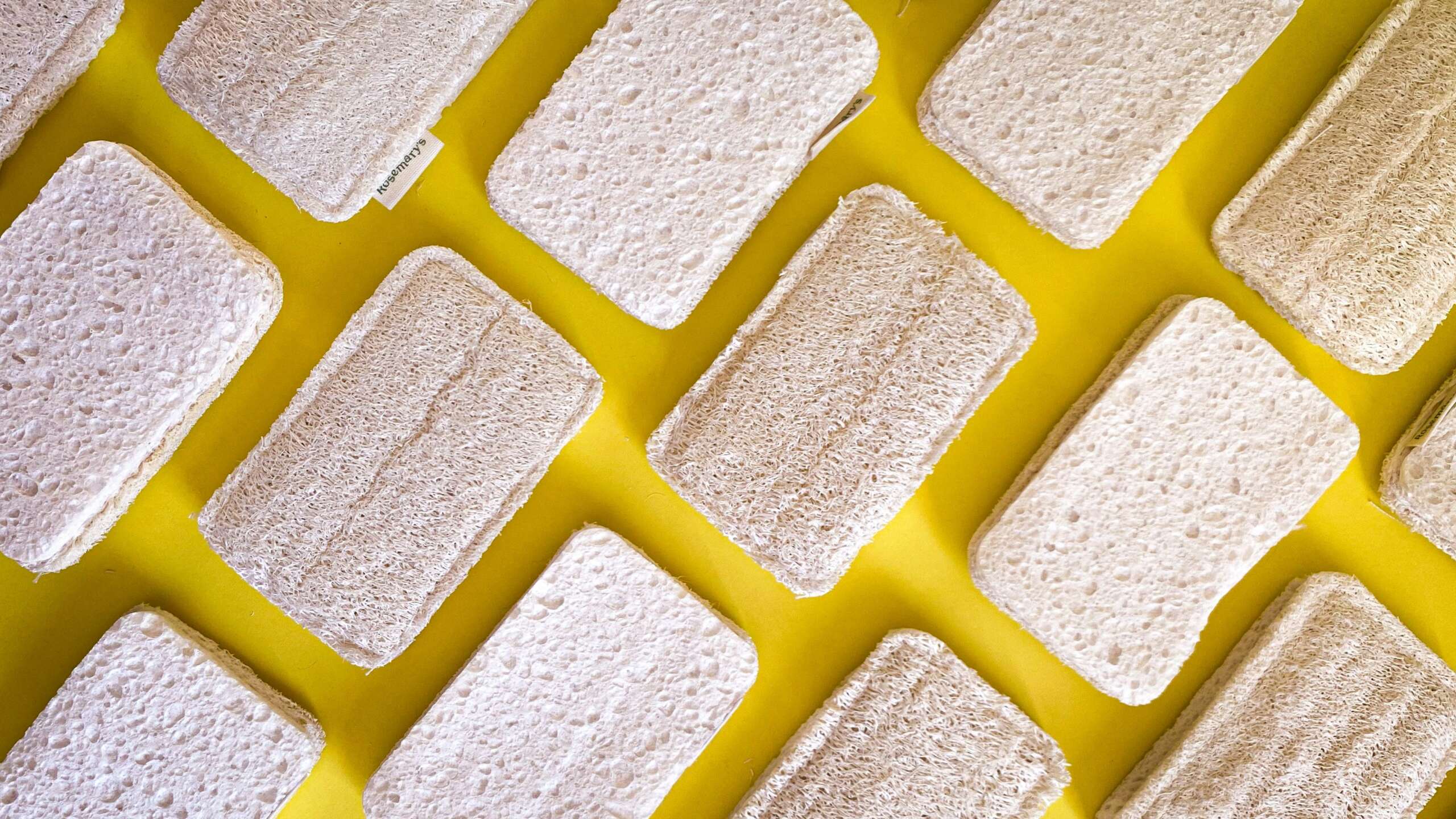
Ariele, before we move on to more of these sorts of questions, can you take some time to bring our readers up to speed on you and what you do?
My name is Ariele, and I’m a mother, designer, and founder. I am the kind of person who wakes up everyday and immediately begins planning dinner; I absolutely live to eat, and because of that, I spend a lot of time in the kitchen, making healthy and delicious food for my family.
But being in the kitchen was becoming a bit of a problem, I couldn’t escape the amount of waste that was being generated with my daily tasks. How could my family go through so many single-use items? And what was in them anyway? I wanted to replace our paper products with reusable solutions – but none of the available options were fun, robust, or, frankly, within my price range. Additionally, most of them were not made from sustainable materials. That is how Rosemary’s was born; when I couldn’t find what my family needed, I started making it: creating organic cotton napkins, reusable paper towels, and later, biodegradable sponges and oven mitts.
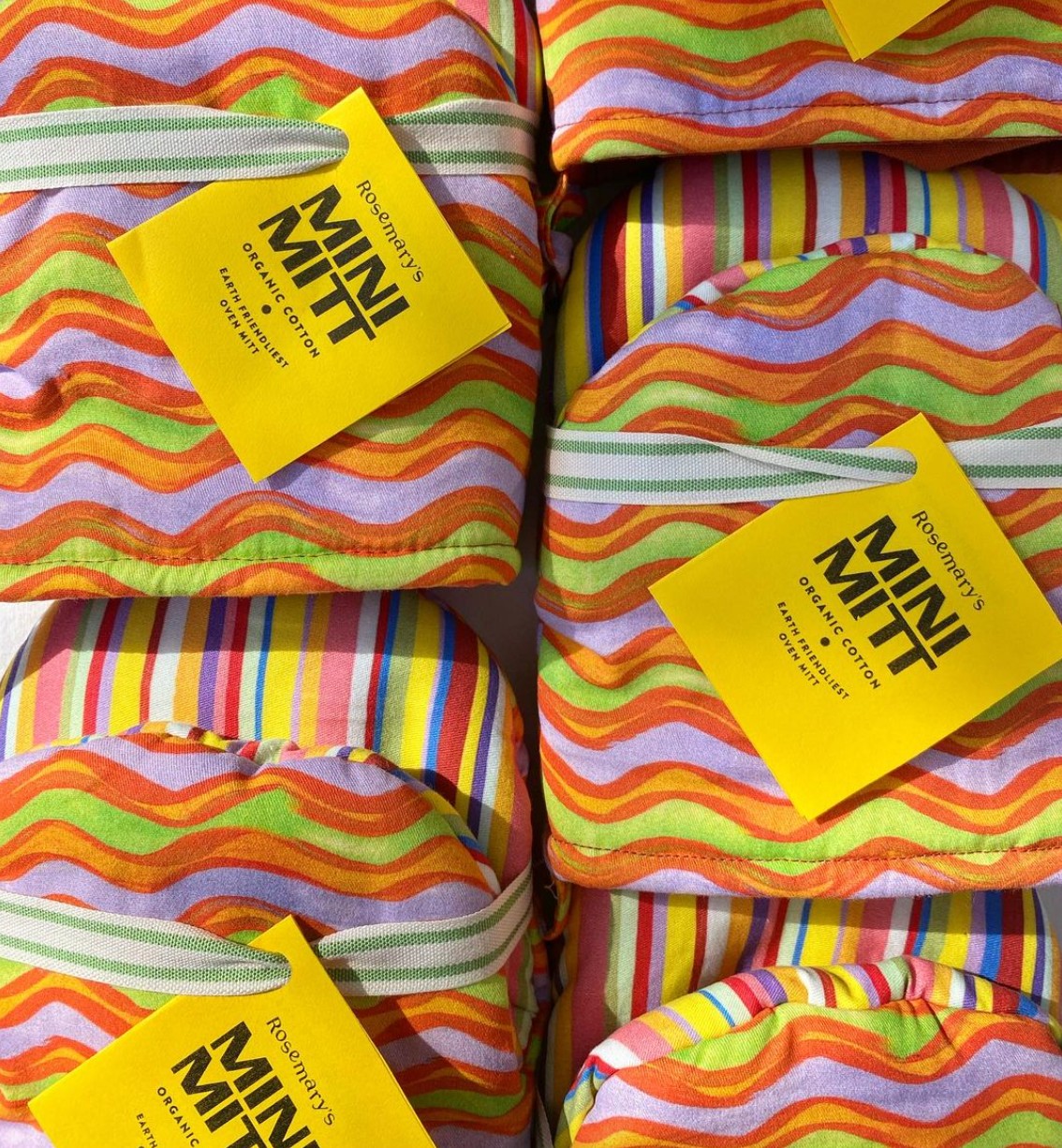
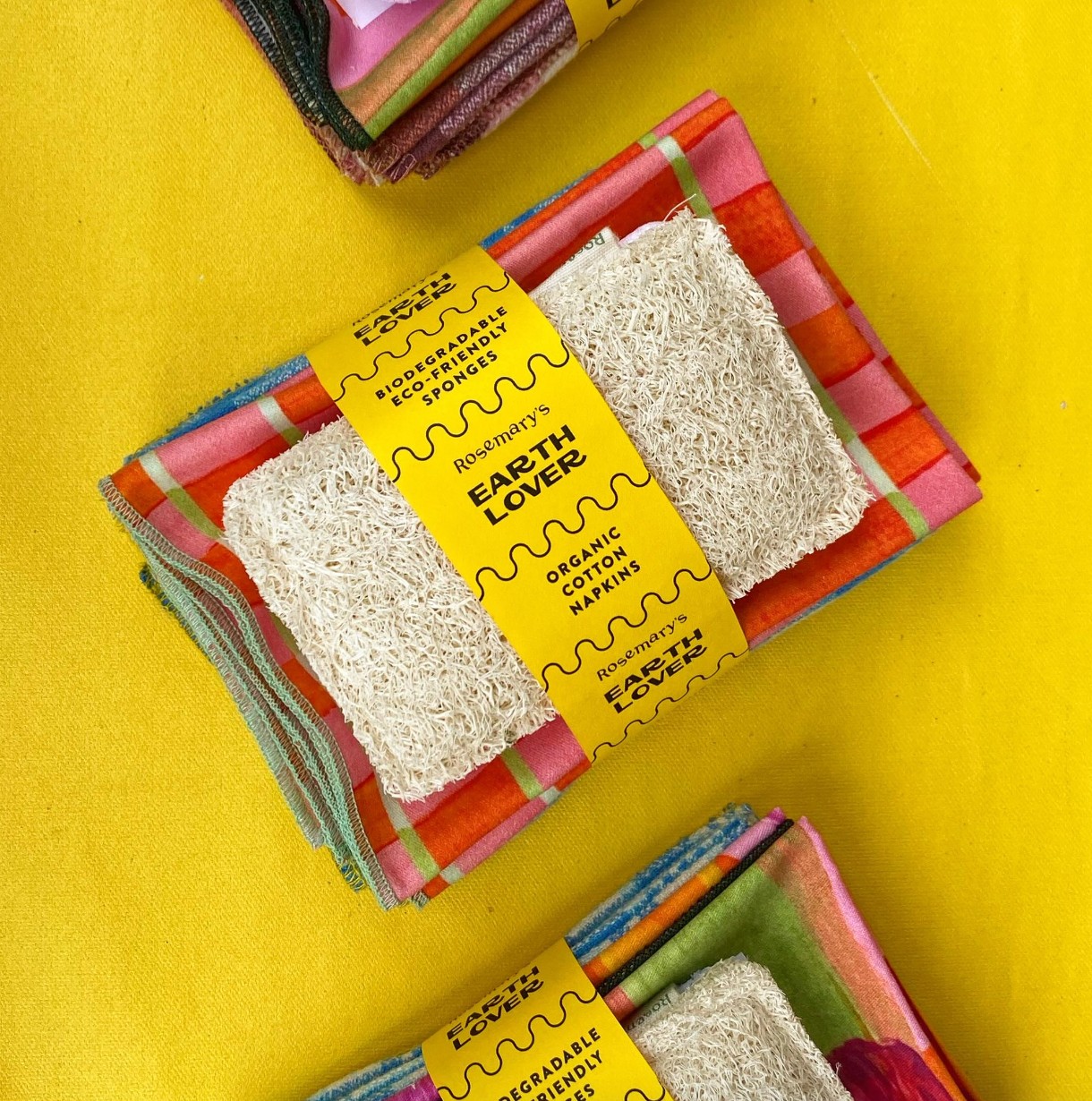
We’d really appreciate if you could talk to us about how you figured out the manufacturing process.
Learning how to manufacture products has been an education. My previous professional experience was in advertising agencies, where there are subject-matter experts for each individual task. Now, as a self-funded founder, I had to find those people or become them.
“Supply Chain” has been such a popular word in the past few years, but understanding exactly what it meant and building them was a different story entirely. However, I love a challenge and threw myself into solving every problem that arose, including finding manufacturing partners who share my values, identifying suppliers willing to work with low minimum order quantities, and not compromising on my vision throughout the process: producing high-quality goods, with earth-friendly processes and materials, resulting in well-designed final products.
Have you ever had to pivot?
“Pivot” has become an immensely popular term, but I adhere to a test-and-learn, data-informed approach, so changes I undertake are grounded in real information and feel more like logical progressions rather than abrupt 180-degree turns.
The first step is acknowledging that whatever I create is never finished and can always be improved. That is an incredibly frustrating stance to take sometimes, but as a creative person, I think it’s necessary to admit that there is no such thing as perfect, and that everything can get better.
When it comes to product development, I next identify variables to push, like materials, sewing techniques, packaging, quantity per pack, price, etc. I then test those updates while maximizing learning and cost-effectiveness. For example, our current Daily Napkins are something like variation number 174; I had to make that many changes to get to the product we are selling today, and I’m already thinking through 100 more ways to improve them. You may think ‘It’s a cloth napkin, what are you talking about?’ and yes, of course, but if I want it to be one of the most used items in your home, that does the best job possible, and is owned for years, these type of thought processes are necessary.
Contact Info:
- Website: rosemarys.co
- Instagram: https://www.instagram.com/rosemarys_goods/
- Facebook: https://www.facebook.com/rosemarysgoods


